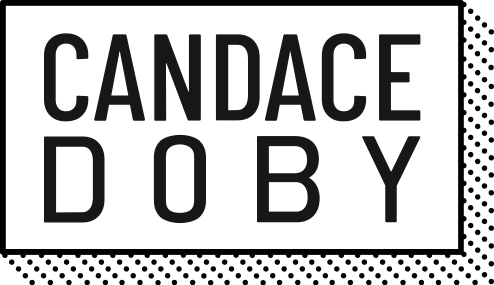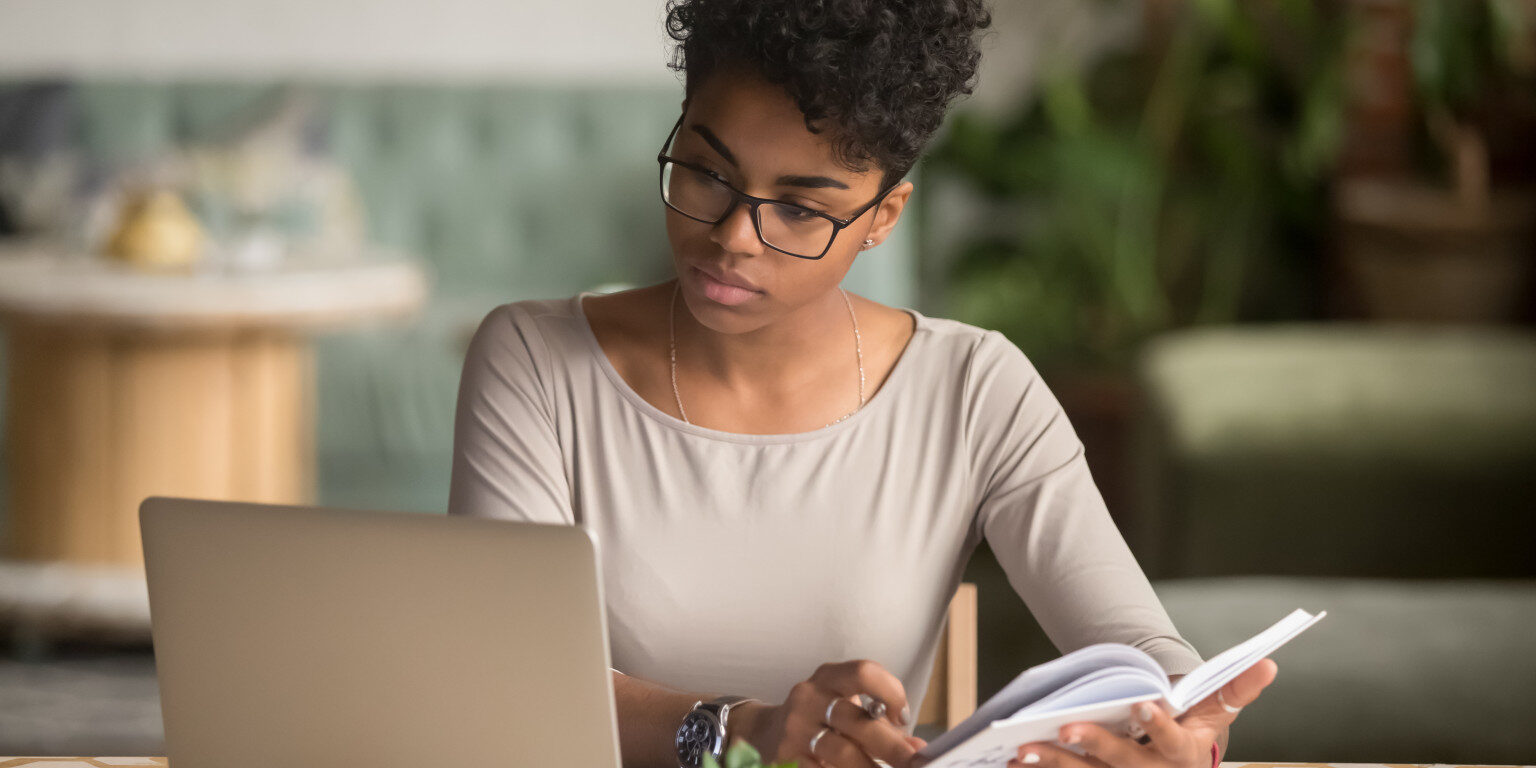Wouldn’t it be great if you could prepare for courageous action like you cram for an exam — stuffing everything you need to know in your brain right before facing a test and recalling the information just in time to confidently answer. Unfortunately, growing and developing courage is not a one-time haul. The ability to conjure courage relies upon an archive of strong internal resources built up over time. When you are deciding to move forward with courage, your brain conducts a quick, albeit comprehensive, evaluation of your purpose, skills and beliefs to understand if you have what it takes to meet the challenge in front of you. It looks for repeated examples of perseverance, success and resilience. Cramming doesn’t cut it for challenges that are big and complex.
The good news is that you can create and demonstrate daily habits to help you deepen your bank of internal resources and strengthen your ability to act with courage. And, if you’re an adult who serves youth, you can help them increase their capacity to call on courage by providing them with opportunities to consistently do these three things.
Make Your Own Decisions.
Courage requires you to exercise your right to choose — to say yes, to say no, to let go, and to push forward. But, the choice, which never seems easy to make, becomes increasingly difficult if you haven’t built up the capacity to make your own decisions. Dozens of small-scale opportunities to practice choosing for yourself surface throughout a day but are often overlooked as minor and delegated to someone else. You may consider it inconsequential to leave a decision about what you should wear to your partner or what color you should paint your nails to a friend. But, these small moments of deciding are like the bottom layer of a three-tier birthday cake. They support and reinforce confidence in your judgement. Passing them off leaves you with fewer foundational experiences you can refer to and rely on when you’re faced with more important decisions.
Most people don’t like deciding for themselves because they do not want to be responsible for their choices. They don’t want to own mess ups, mishaps, and less-than-ideal outcomes that can arise from making a decision. This is why many people are not equipped to choose courage. If you want to choose courage, you have to make deciding for yourself one of your daily habits.
Make Risk-Taking Routine.
Every courageous action in the history of the world involved a risk. Many people believe fear is central to courage, but it is actually risk at the center. (Risk produces fear.) So, an effective way to build up your ability to act courageously is to build up your ability to take a risk. And, an effective way to build up your ability to take a risk is to make risk-taking one of your daily habits. A risk contains components of discomfort, uncertainty and potential no matter how small, medium or big it is. So, it’s best to start small to habituate yourself to unease and to familiarize yourself with the unknown.
There are a few ways you can approach the risk-a-day challenge. You can identify a risk you’d like to take at the beginning of the day and commit to completing it before the end of the day. Or, you can heighten your awareness throughout the day and look for an opportunity to take a risk in the moment. The point of taking a risk each day is to learn to settle into your discomfort and recognize your potential so that when you have an opportunity to choose courage for a worthy purpose, you can decide with a greater sense of awareness.
Remember Your Strengths.
If fear had a dream girl, her name would be Hedonic Asymmetry. It is a law of emotion that holds that positive emotions will always fade, no matter how high they start out. And, the negative will always be more consequential, impactful, and noticeable than the positive. This is one reason why your brain can spiral into thinking about all the bad and dark things that can happen when you consider facing a challenge. So, it becomes essential for you to remind yourself of your strengths on a regular basis. They’re quite easy to forget, but courage uses them as important cues about your abilities.
To remind yourself about your strengths, you can make identifying a strength one of your daily habits. At the end of each day, reflect on what strengths you exhibited. You can go a bit further and evaluate how that strength may be able to help you make a courageous decision.
To act or not to act courageously depends upon the recognition and strength of your internal resources. Courage is a process that may take some time to play out depending on the size of the risk facing you. But, you can (and you will) better position yourself to choose courage if you can make these three habits routine.







